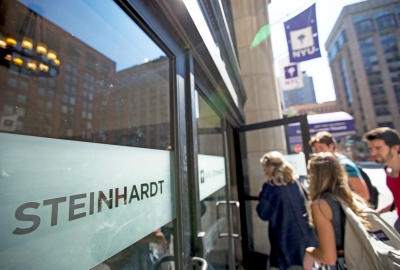This seminar course explores strategies for building a resilient and sustainable artistic practice in today's rapidly changing social, political, cultural, and technological landscape. Students develop tools to advance their work as emerging artists, focusing on portfolio preparation, exhibition opportunities, residencies, and grant applications. Emphasizing how contemporary art is experienced across various contexts, the class features meetings with artists, curators, directors, and other professionals working in the New York art world.
Course #
ARTCR-UE 52
Credits
3
Department
Art and Art Professions


